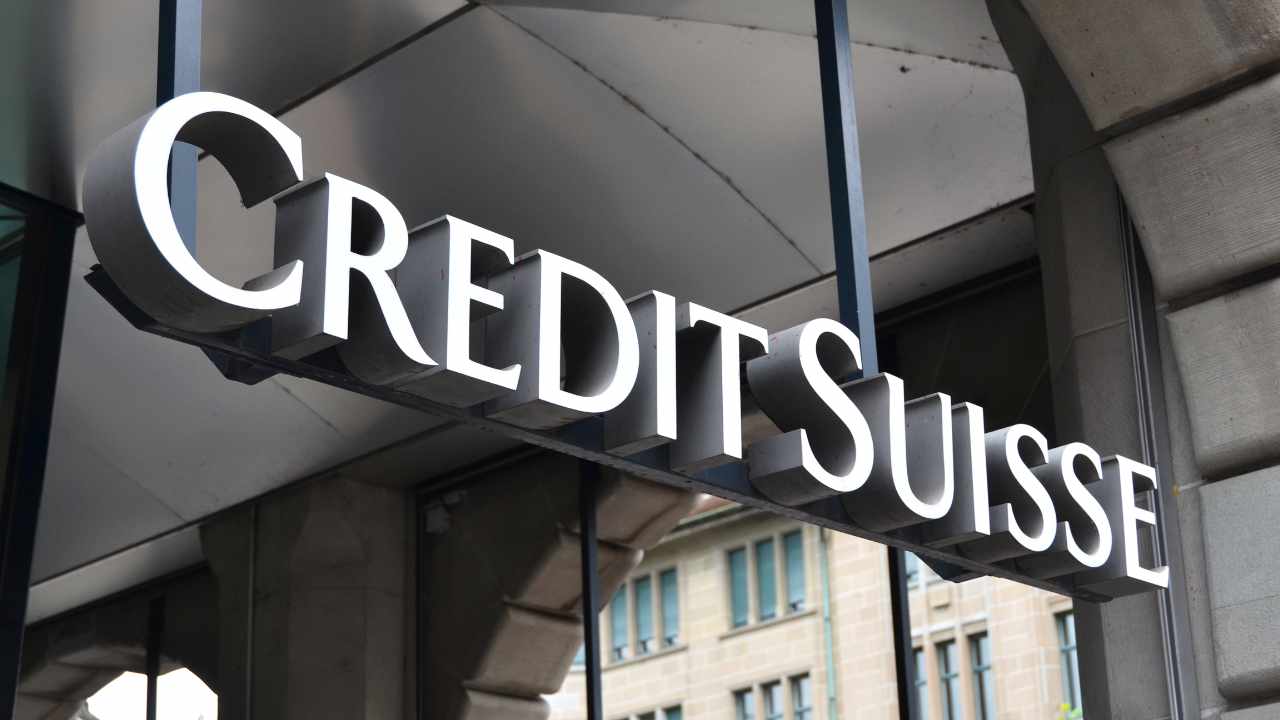
Market strategist Greg Foss predicts Credit Suisse will be the next big bank to fail, citing capital troubles and bank lending. The Swiss banking giant has also revealed “serious weaknesses” in its financial reporting controls. The bank’s failure to raise capital from its largest investors sent its stock plummeting on Wednesday.
Credit Suisse Falls Next, Strategist Says
Market strategist Greg Foss warned of the imminent collapse of Swiss banking giant Credit Suisse on his “Coin Stories” podcast published Tuesday. His warning followed the collapse of several major U.S. banks, including Silicon Valley Bank and Signature Bank.
Foss is currently an executive director at Validus Power Corp. He is a founding shareholder of 3iQ Corp. and previously held the role of senior portfolio manager focusing on credit strategies at Fiera Quantum. He also served as managing partner of credit strategies at both GMP Investment Management and Marret Asset Management, and was vice president of fixed income trading at TD Securities.
“Credit Suisse is a systemically important financial institution, and a run on the bank occurred,” Foss began, elaborating.
The wealthy sector is losing assets spectacularly, which is a very important profit factor for the bank, which is essentially a loan to the bank.
Credit Suisse is one of 30 banks identified by the Financial Stability Board (FSB), in consultation with the Basel Committee on Banking Supervision and national authorities, as global systemically important banks (G-SIBs). Other banks on the latest list of G-SIBs include JPMorgan Chase, Bank of America, Citigroup, HSBC, and Goldman Sachs.
“If CSFB [Credit Suisse First Boston] gets into trouble, it will affect not only CSFB but all other institutions with exposure and counterparty risk,” he cautioned. First Boston, a well-known investment bank at the time.
When asked why he thinks Credit Suisse is the next big bank to go down, Foss explained.
because it is in great capital distress. We only have a market capitalization of $10 billion for assets of about $1 trillion, which is ridiculously low.
The strategist pointed out that the second largest Swiss bank claims to have met the standards set by the Bank for International Settlements (BIS), but the BIS capital standards are not marked-to-market.
On Wednesday, Credit Suisse’s share price plunged after the Saudi National Bank, Credit Suisse’s largest investor, made it clear that it could not provide any more financial support to the Swiss bank. ‘We can’t do it because it would be over 10 percent. It’s a regulatory issue,” said Ammar Al-Kudairy, chairman of the Saudi National Bank.
Credit Suisse released its annual report for 2022 on Tuesday, noting “material weaknesses” in its financial reporting controls. The report explained that the bank’s “management did not design and maintain an effective risk assessment process to identify and analyze the risks of material misstatements in the financial statements.”
At the time of this writing, Credit Suisse Group’s stock was trading at $1.92, down nearly 24% on Wednesday. The stock is down more than 97% from its all-time high.
Image Credit: Shutterstock, Pixabay, Wiki Commons














